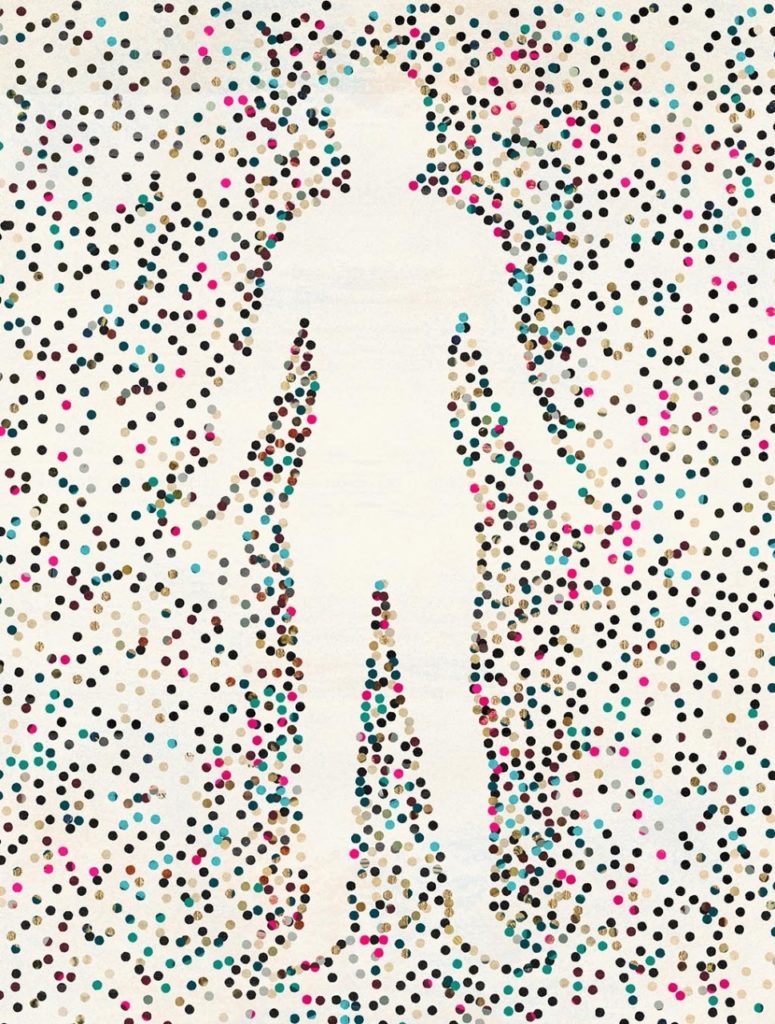Cracking cancer's code
New reasons for hope
This issue of Stanford Medicine magazine focuses on the progress in developing precision cures and identifying ways to predict and prevent the disease.

Reimagining survival
Better cancer diagnostics and treatments are in the works
From care to cure
Stanford Cancer Institute is striving to change the story for people with cancer
Fledging — with cancer
Helping teens and young adults navigate care and recovery
Mind jumble
Understanding chemo brain
Walk with me
Future doctors realize the power of empathy through early patient connections
A journal of shared discovery
Cancer patient and med student trade journal in telling their stories
Inside a molecular tumor board
Using genomics to guide personalized cancer treatment
‘I love Paul forever’
Lucy Kalanithi five years later
Letter from the Dean
Making strides against cancer
Stanford researchers stand at the forefront of efforts to defeat the disease
Stories
The right moves
Tracking surgeons’ motions to understand success
‘Making science fiction come true’
An excerpt from Dean Lloyd Minor's book: Discovering Precision Health
Twins unleashed
Formerly conjoined, the girls are flourishing
Unscrambled eggs
A scientist’s eye for detail catches mixed-up frog cells reassembling
What’s your type?
Scientists lay out the different ways we age
Upfront
Rave new world
The discovery that it might be possible to eliminate Ecstasy’s addictive properties could increase the drug’s potential for use in psychiatry, new research shows.
Upfront
Upfront is a quick look at the latest development from Stanford Medicine
A gift of education
A philanthropist’s challenge grant will make nearly $90 million in new financial assistance available to eliminate medical school debt for incoming students in need.
Alcohol flushing tied to Alzheimer’s
A common mutation that causes facial flushing and inflammation in response to alcohol can lead to biochemical changes associated with Alzheimer’s disease, researchers say.
Hiding in plain sight
Even teens who aren’t especially thin could be dangerously ill from atypical anorexia nervosa, according to new research.
Take it to heart
Stents or bypass surgeries might not be needed for patients with stable heart disease who don’t have symptoms of chest pain.
Cooling down
The average body temperature has dropped 0.05 F every decade since the 1800s, analysis finds.
New Health Trends Report
The Stanford Medicine 2020 Health Trends Report shows physicians and medical students preparing for a health care future improved by data science and technological advances.
Explore Issues

AI explodes
Taking the pulse of artificial intelligence in medicine

Health on a planet in crisis

Real-world health
How social factors make or break us

Molecules of life
Understanding the world within us














